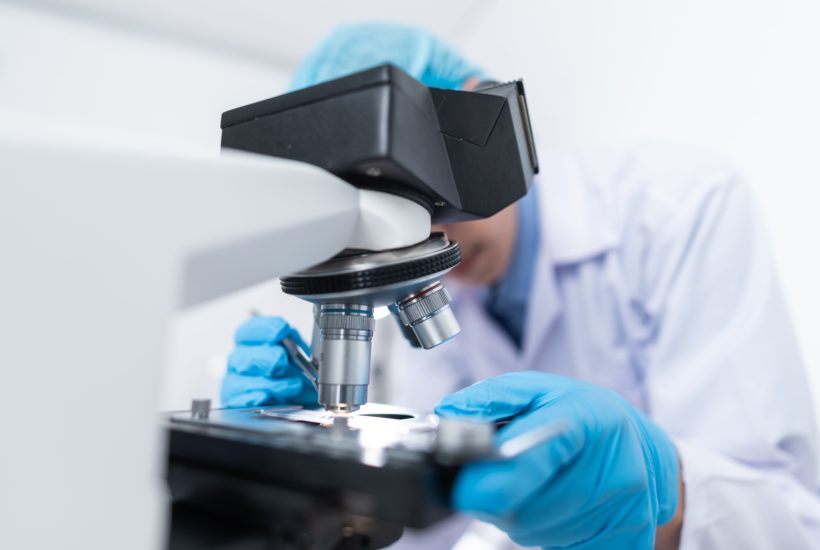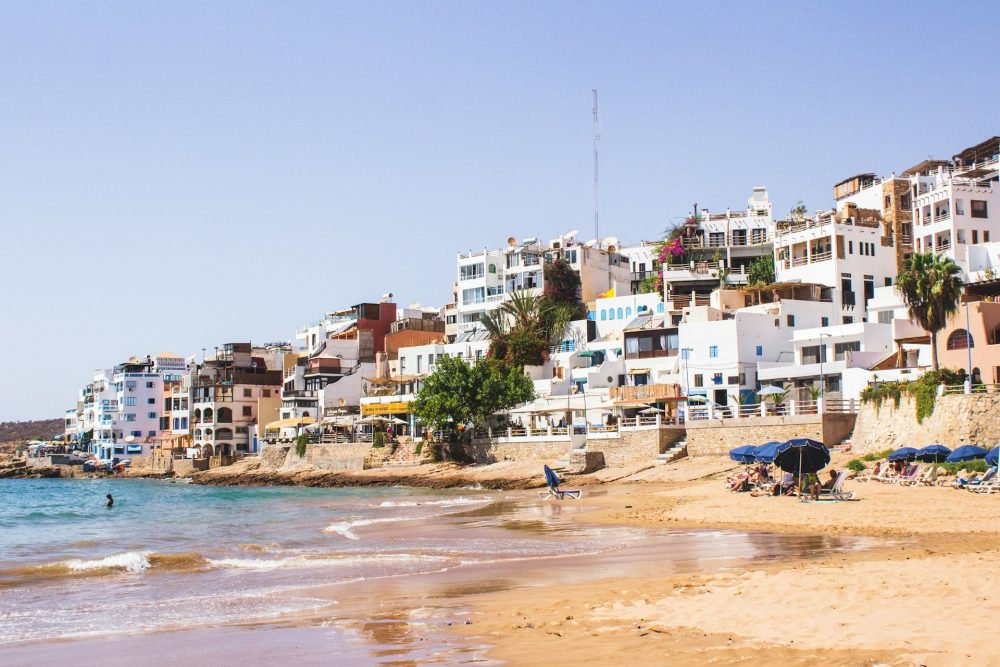Biotech
Quirónsalud’s owner grows 6% in Spain and exceeds €3.4 billion in 2020
In the last quarter of 2020, Fresenius Helios Spain’s revenues were $1.2 billion (€999 million), 15% more than in the same period of 2019. In the last quarter, the group’s ebit was $193 million (€159 million), up 17%. Fresenius closed 2020 with revenue of $44.2 billion (€36.3 billion), up 2% compared with 2019. EBIT was $5.6 billion (€4.6 billion), down 2% compared with 2019.

Fresenius, the German healthcare group, owner of Quirónsalud closed 2020 with a 6% increase in Spain and exceeds $4.14 billion (€3.4 billion).
Fresenius Helios Spain, the company with which it operates in the domestic market, achieved sales of $4.22 billion (€3.47 billion) in 2020, compared with the $4 billion (€3.29 billion) recorded in 2019, according to data provided by Fresenius in which the activity in Spain is also mentioned. Acquisitions in Latin America contributed 5% to the subsidiary’s revenue growth. Quirónsalud is the largest private hospital group in Spain, with a network of 46 hospitals, 70 outpatient centers, more than 6,000 beds, and nearly 300 occupational risk prevention centers. The multinational treats nearly thirteen million patients a year in Spain. From Spain, it also controls the activity in Latin America, where this operator has six hospitals.
Read more on the subject and find other important financial news with our companion app, Born2Invest.
Fresenius closed 2020 with a turnover of €36.3 billion
The earnings before interest and taxes (ebit) of Fresenius Helios in Spain was $510 million (€420 million), a decrease of 5% compared to 2019. A decline that the group justifies by the effects of the pandemic. In the last quarter of 2020, Fresenius Helios Spain’s sales were $1.2 billion (€999 million), which translates into a 15% increase compared to the same period in 2019.
Also in the last quarter, the group’s ebit was $193 million (€159 million), up 17%. Fresenius closed 2020 with revenue of $44.2 billion (€36.3 billion), up 2% compared with 2019. EBIT was $5.6 billion (€4.6 billion), down 2% compared with 2019, and net income was down 4% to $2.2 billion (€1.8 billion). Capital allocated to property, plant and equipment was $2.9 billion (€2.4 billion), corresponding to 7% of sales. These investments were mainly used for the modernization and expansion of dialysis clinics, production facilities, as well as hospitals and day clinics.
The hospital group will start up a new center in Zaragoza
In 2020, the group’s operating cash flow was $8 billion (€6.55 billion), with a margin of 18.1%. The increase was largely driven by Fresenius Medical Care due to U.S. federal aid funds and prepayments under the Coronavirus Relief, Aid, and Economic Security Act. Among Quirónsalud’s latest moves in Spain is the construction of a new hospital in Zaragoza. The new complex will be built on a plot located between Avenida Gómez Laguna and Calle Marcelino Álvarez in the Aragonese capital and will involve an investment of more than $121 million (€100 million).
The Quirónsalud Zaragoza Hospital will have 30,000 square meters and more than 250 beds. The facilities will include outpatient consultations and state-of-the-art equipment such as a hybrid operating room, integrated operating rooms, 3 Teslas magnetic resonance, PET-CT and Spect-Ct or a linear accelerator. Another of the latest corporate operations is related to the Nosa Señora de los Ollos Grandes Sanatorium in Lugo. Founded in 1967 by the López-Pardo family, the hospital has been a benchmark in private healthcare in Lugo since its foundation. In 2011, it reopened the doors of a completely renovated hospital, with more than 13,000 square meters (four times larger than the previous infrastructure).
__
(Featured image by Chokniti Khongchum via Pexels)
DISCLAIMER: This article was written by a third party contributor and does not reflect the opinion of Born2Invest, its management, staff or its associates. Please review our disclaimer for more information.
This article may include forward-looking statements. These forward-looking statements generally are identified by the words “believe,” “project,” “estimate,” “become,” “plan,” “will,” and similar expressions. These forward-looking statements involve known and unknown risks as well as uncertainties, including those discussed in the following cautionary statements and elsewhere in this article and on this site. Although the Company may believe that its expectations are based on reasonable assumptions, the actual results that the Company may achieve may differ materially from any forward-looking statements, which reflect the opinions of the management of the Company only as of the date hereof. Additionally, please make sure to read these important disclosures.
First published in PlantaDoce, a third-party contributor translated and adapted the article from the original. In case of discrepancy, the original will prevail.
Although we made reasonable efforts to provide accurate translations, some parts may be incorrect. Born2Invest assumes no responsibility for errors, omissions or ambiguities in the translations provided on this website. Any person or entity relying on translated content does so at their own risk. Born2Invest is not responsible for losses caused by such reliance on the accuracy or reliability of translated information. If you wish to report an error or inaccuracy in the translation, we encourage you to contact us.

-

 Africa2 weeks ago
Africa2 weeks agoAgadir Welcomes Nearly 570,000 Tourists by May 2025
-

 Impact Investing2 days ago
Impact Investing2 days agoEuropeans Urge Strong Climate Action Amid Rising Awareness and Support
-

 Cannabis1 week ago
Cannabis1 week agoRecord-Breaking Mary Jane Fair in Berlin Highlights Cannabis Boom Amid Political Uncertainty
-

 Biotech6 days ago
Biotech6 days agoVytrus Biotech Marks Historic 2024 with Sustainability Milestones and 35% Revenue Growth













